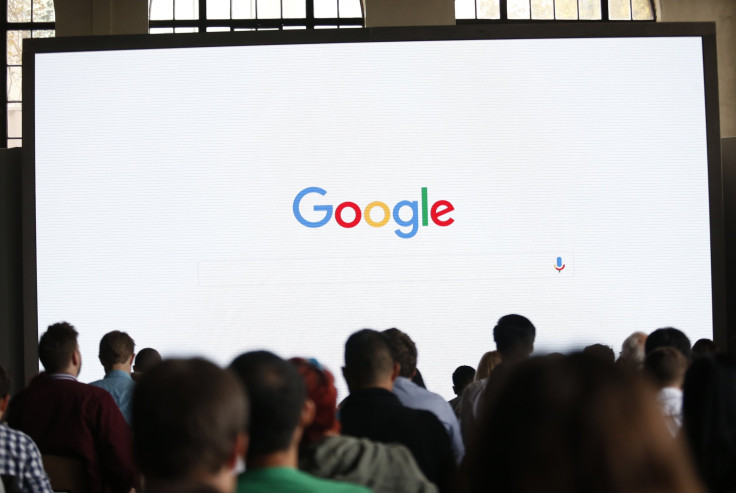Google launches new product designed to defy fake health information

Google is launching a new product that seeks to lead Kiwis towards "high quality" health information. Health cards that carry information on 900 commonly searched conditions, such as flu, asthma and diabetes, are being rolled out in New Zealand this week.
The company said the new product also aims to bring the control back to the medical community amid false and misleading health information. According to Google health programme manager Isobel Solaqua, one in 20 Google searches were health related, to which the search engine provides comprehensive health information. However, not all searches were supported by solid medical evidence.
"There are lots of rabbit holes that users can go down in terms of finding not good health information, getting led astray by websites that might be popular but might not be rigorous medical information that their doctor would want them looking at," Solaqua warned. She assured that the newly developed Google health cards were each examined by at least 10 medical doctors and took years to accomplish.
Solaqua added that they have worked hard on the product’s medical rigour to ensure that doctors would feel fine about it. Health cards will be displayed at the top of a Google search and will offer information regarding cover symptoms, treatment options and prevalence according to age for each condition.
But Solaqua clarified that the new Google health cards are "informational only" and is not intended to replace consulting a health expert. Though she does not think that the health cards will serve as an end solution in and of itself, Solaqua said it would be a step forward in providing accurate, clinical information which has been a challenge in the past.
Royal New Zealand College of General Practitioners medical director and GP Dr Richard Medlicott has commended the clinically-based information on the cards, saying it was positive. However, the advice provided, he said, seemed a bit light. “I just think they may want to tease out some of the risks here and be a bit more clear cut in terms of warning signs if patients are going to use this as a diagnosis,” Stuff quotes him.
Medlicott has supported Solaqua’s statement, saying most people would realise that they would need to see an expert for a diagnosis, though he acknowledged that the Internet is a “fantastic wealth of information.”Meanwhile, Dr Tony Bartone, Australian Medical Association federal vice-president, said health information should not be a substitute for a qualified medical opinion, Courier Mail reported.





















